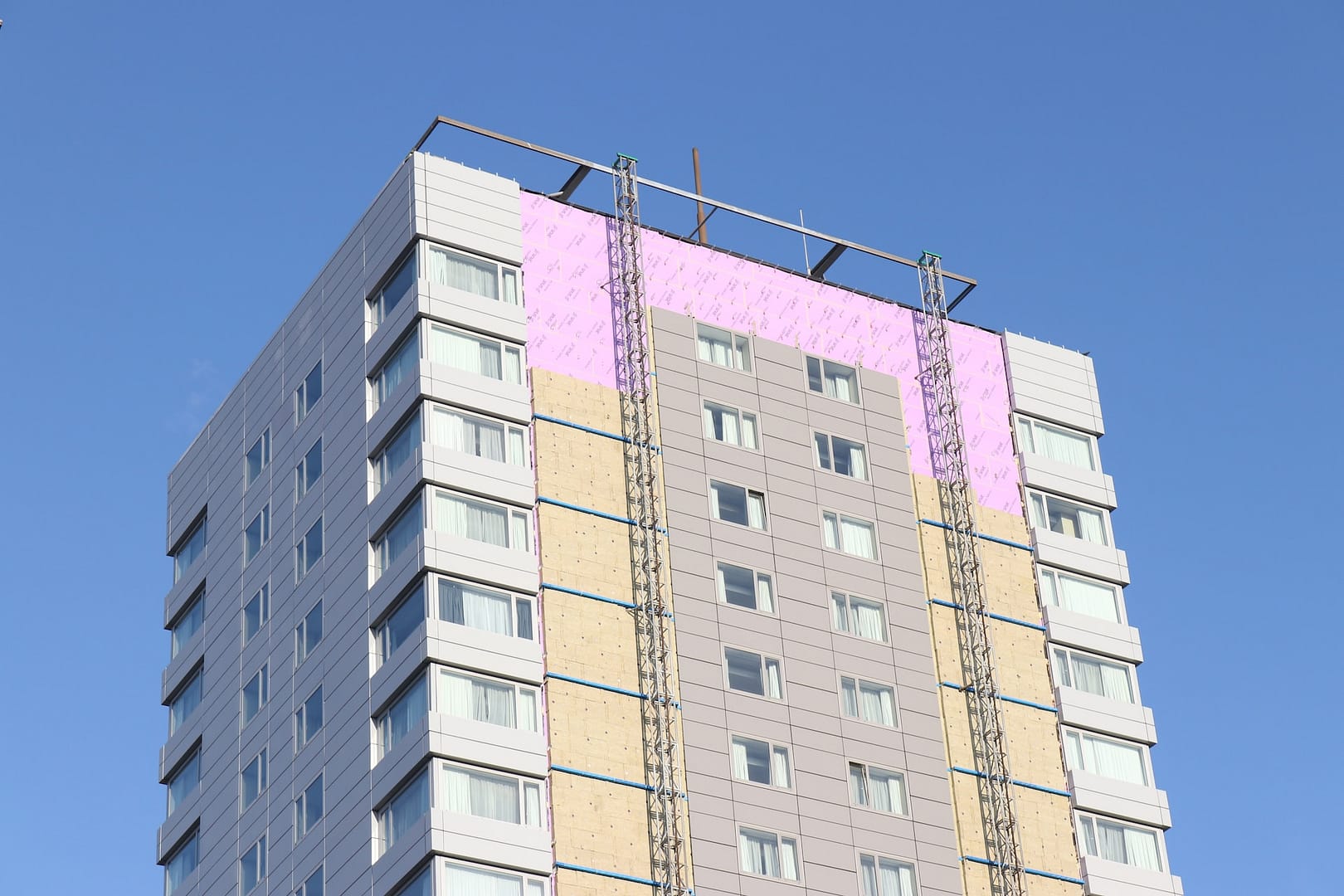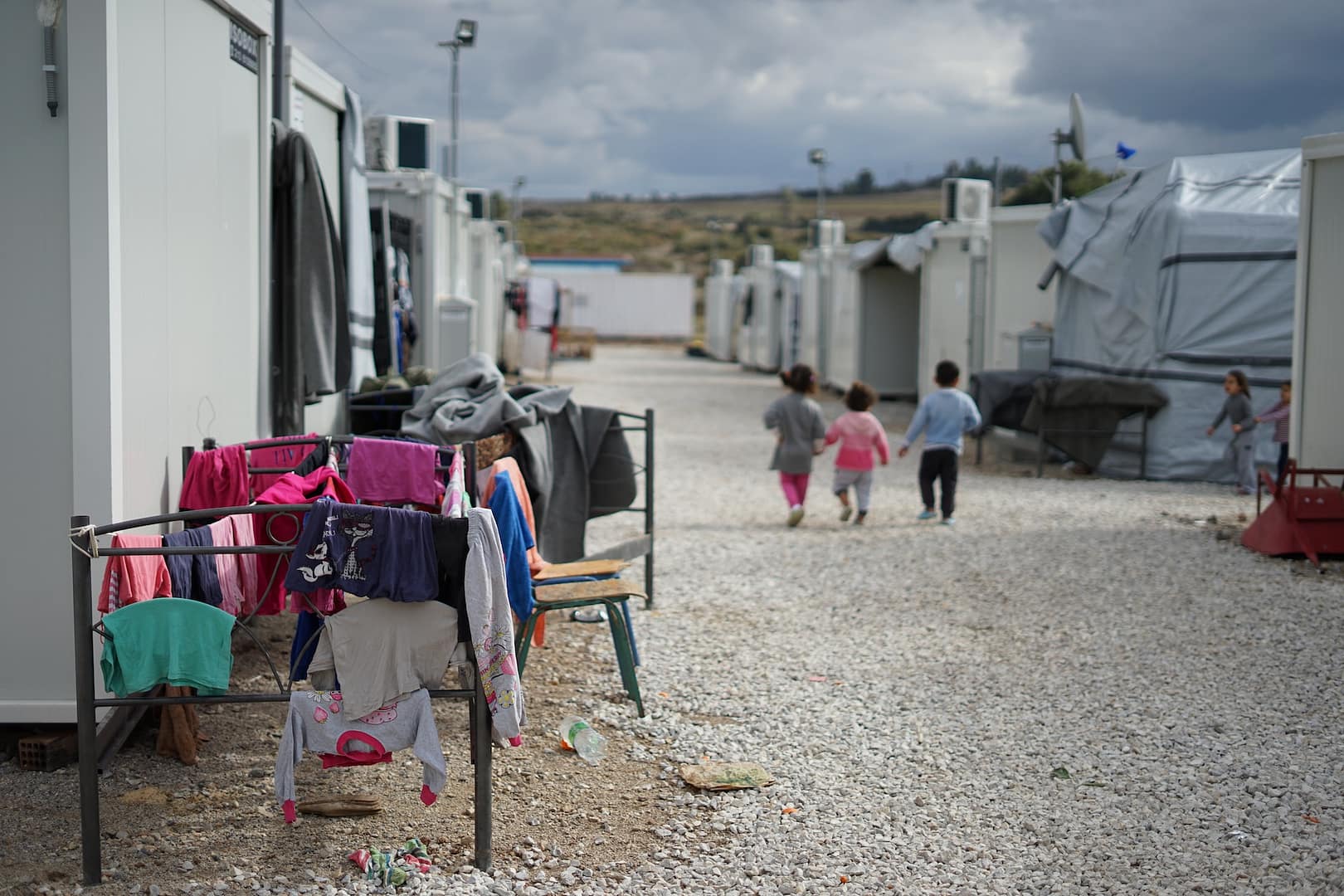In recent years, the issue of refugees and social housing in the United Kingdom has gained significant attention. This complex and multifaceted problem has left many refugees in dire straits, struggling to find stable housing and rebuild their lives in a new country. In this article, we will explore the challenges faced by refugees in accessing social housing in the UK, the factors contributing to their homelessness, and potential solutions to address this pressing issue. We will also explain when and why you should make a housing disrepair claim.
The Plight of Refugees: Made Homeless by the UK Government
Refugees, individuals fleeing their home countries due to persecution, violence, or other life-threatening circumstances, often arrive in the UK seeking safety and protection. While the UK has a long history of offering refuge to those in need, the reality faced by many refugees upon their arrival is far from ideal. One of the most pressing concerns is the issue of homelessness among refugees, and in some cases, the UK government’s policies and practices have exacerbated this problem.
Challenges in Accessing Social Housing
Access to social housing in the UK is a critical component of refugees’ integration and stability. Social housing provides affordable, long-term accommodation for individuals and families who may not have the means to secure housing in the private rental market. However, refugees often encounter significant obstacles in accessing these resources.
Limited Availability
Social housing in the UK is in high demand, and there is often a shortage of available units. This shortage affects not only refugees but also many other vulnerable groups in society.
Eligibility Criteria
Refugees must meet specific eligibility criteria to qualify for social housing. These criteria may include factors such as income, local residency, and immigration status. The complex nature of these criteria can make it challenging for refugees to navigate the system.
Lengthy Waiting Lists
Even when refugees meet the eligibility requirements, they often face lengthy waiting lists for social housing. This waiting period can leave them in temporary accommodation or, in some cases, homeless.
The Role of the UK Government
The UK government policies and practices have played a role in exacerbating the problem. For instance, cuts to public services, including housing, have limited the resources available to support refugees and other vulnerable populations.
Additionally, the “No Recourse to Public Funds” (NRPF) policy, which restricts access to welfare benefits for some immigrants, has left many refugees without financial assistance for housing. This policy, combined with the strict eligibility criteria for social housing, has created a Catch-22 situation for many refugees who are unable to access public funds but also struggle to secure stable housing.
How Can We Help Refugees with Housing?
Addressing the issue of homelessness among refugees in the UK requires a comprehensive and collaborative approach. While there is no one-size-fits-all solution, several strategies can help mitigate the challenges faced by refugees in accessing social housing.
Increased Investment in Social Housing
One of the most fundamental steps the UK government can take is to invest more in social housing. This includes building new affordable units and renovating existing ones. By increasing the supply of social housing, more refugees and other vulnerable individuals can find stable accommodation.
Streamlined Eligibility Criteria
To make it easier for refugees to access social housing, the UK government should consider simplifying and clarifying eligibility criteria. This would reduce the bureaucratic hurdles that refugees often face and ensure that those in need receive the support they require.
Supportive Services
Providing refugees with access to supportive services can significantly improve their housing prospects. This includes mental health support, language and job training, and assistance with navigating the housing system. These services can help refugees become self-sufficient and less reliant on social housing over time.
Ending the “No Recourse to Public Funds” Policy
Revisiting and potentially eliminating the NRPF policy is crucial for ensuring that refugees have the financial resources necessary for housing. By allowing refugees access to welfare benefits, the UK government can prevent many from falling into homelessness.
Public-Private Partnerships
Collaboration between the public and private sectors can help address the housing crisis for refugees. Encouraging private landlords to participate in housing programs for refugees can expand the available housing options.
Community Support and Integration
Local communities can play a vital role in supporting refugees’ housing needs. Encouraging community sponsorship programs and fostering an inclusive environment can help refugees feel welcome and supported in their new homes.
Making a Housing Disrepair Claim
In addition to the challenges refugees face in accessing social housing, some may also encounter issues with the quality and maintenance of their housing. Making a housing disrepair claim can be a crucial step in ensuring that refugees live in safe and habitable conditions.
Understanding Housing Disrepair
Housing disrepair refers to situations where a property is in a state of disrepair, making it unsuitable for living. This can include issues such as dampness, mould, heating problems, plumbing issues, and structural damage. When refugees encounter housing disrepair, it can compound their already challenging situation.
Steps to Make a Housing Disrepair Claim
Document the Issues: The first step in making a housing disrepair claim is to thoroughly document the issues with your accommodation. Take photographs, keep records of communication with your landlord, and gather any relevant evidence.
Notify Your Landlord
Inform your landlord or housing provider in writing about the disrepair issues. Include details of the problems and request that they be addressed within a reasonable timeframe.
Seek Legal Guidance
If your landlord fails to address the issues, seek legal guidance. At National Claims, our claims specialists will be on hand to help you with your claim and will walk you through the claims process.
Consider Legal Action
In some cases, legal action may be necessary to compel your landlord to make the required repairs. Consult with National Claims, as we are experienced in housing disrepair cases.
Ensure a Safe Living Environment
Throughout the process, it’s essential to prioritise your safety and that of your family. If the property poses an immediate danger, contact emergency services and move to a safe location.

Conclusion
The issue of refugees and social housing in the UK is a multifaceted problem that requires a compassionate and coordinated response. Refugees like Ahmad, who have already endured immense hardship in their home countries, should not be left to navigate a complex and often unforgiving housing system.
To truly address this issue, it is imperative that the UK government, local communities, and organisations come together to provide refugees with the support and resources they need to secure stable housing and rebuild their lives. By increasing investment in social housing, simplifying eligibility criteria, providing supportive services, and revisiting policies like NRPF, the UK can take significant steps toward ensuring that refugees are not made homeless by the very system meant to protect them.
In the end, it is the human face of this issue that should guide our actions. Refugees, like Ahmad, deserve a chance at a brighter future, and by addressing their housing needs, we can help them take the first step toward that future. Additionally, addressing housing disrepair concerns for refugees is essential to ensure that they live in safe and habitable conditions as they seek to rebuild their lives in the UK.
Contact us and start your claim with us to find out more about how we can help with housing disrepair.
Click below to see why we are one of the most trusted claims management companies in the UK.

We’re proud of our excellent customer reviews
We thrive on delivering exceptional service and ensuring our clients’ satisfaction. Don’t just take our word for it. Check out some of our independent reviews to see what our clients have to say.
Excellent

This firm is excellent, they sorted out my car pay out and injury claim very fast, they always communicate with you all the time.

My accident case was dealt with confidence and with great result of the outcome, especially James kept me informed all the time.

I was very impressed at the way my inquiry was treated. I was listened to attentively and everything I needed to know was explained to me.






